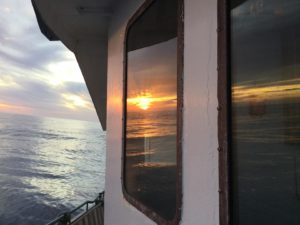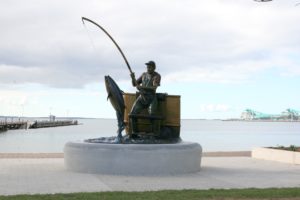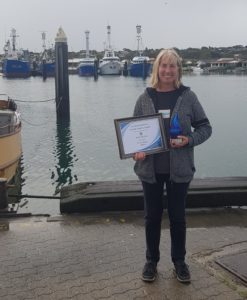 25 February 2020
25 February 2020
ASBTIA Media Release
Equinor’s decision to withdraw provides much greater certainty for the future of other major major users of the Bight – and greater investment will follow.
The debate about oil and gas in the Bight was always about the economic risks and consequences for both the Bight regional communities and for Equinor.
There is no point in appealing to Norwegian companies about the environmental risks and consequences. The Norwegian Government, the effective owner of Equinor, does not care about shifting the environmental risks to Australia, or to other countries.
That is why the Australian tuna industry continued to try to convince Equinor and the Norwegian Government that drilling in the Bight did not make economic sense for them.
The economic risk was why BP and Chevron walked away from drilling in the Bight in the last five years – and now Equinor has done the same.
We might welcome the Equinor decision – but our regret is that Equinor has wasted a lot of the valuable time and investment required to persuade Equinor to realise that drilling in the Bight makes no economic sense compared with their alternatives elsewhere in the world.
Some communities and governments were entitled to believe the Equinor claim that the Bight could be the next great oil province of the world. Their hopes were built up – when Equinor’s points were always going to be wrong.
We have no objection to the government subsidies to oil exploration. However, somehow government has to find a way to direct taxpayer’s money to more logical and realistic projects.
Brian Jeffriess
CEO – Australian Southern Bluefin Tuna Industry Association
PO Box 1146. Port Lincoln SA 5606
E. austuna@bigpond.com


